Plastic-free oceans An urgent mission
Plastic waste in the oceans is one of the biggest environmental crises of our time. Every year, millions of tons of plastic end up in the world's oceans. The waste collects to form huge islands in the open sea, washes up on beaches and slowly decomposes - with devastating consequences for animals, plants, entire ecosystems and ultimately for us humans too.
The tiny particles that are created during decomposition - known as microplastics - end up in the food chain because marine animals mistake them for food. This often leads to digestive problems, poisoning or even death of the animals.
When seafood is consumed, the tiny particles can enter the human organism and be deposited in various organs. Scientists suspect that microplastics can trigger inflammation or toxic reactions in the body.
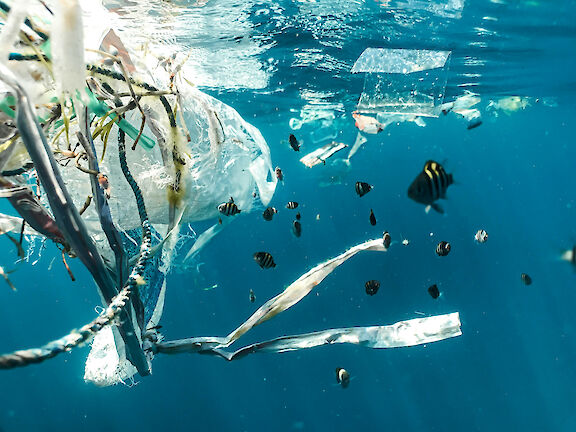
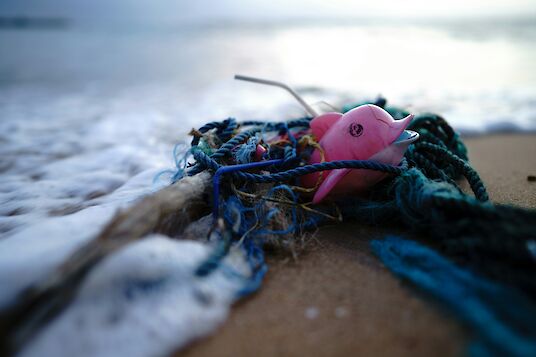
In addition, pollutants such as pesticides or heavy metals can accumulate on the surface of the particles. These chemical compounds increase the harmful effects of microplastics and could pose long-term health risks to humans, although the exact effects on humans are not yet fully understood.
Plastic waste also impairs the oceans' ability to store CO₂. Phytoplankton and other organisms that bind CO₂ are weakened by plastic and the pollutants it contains.
Cleaning up the oceans is therefore essential - not only to preserve biodiversity, but also to protect the climate and our future.
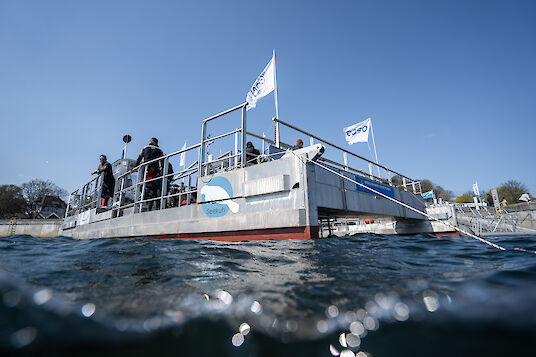
Our partnership with One Earth One Ocean
Since 2024, Lightnet Germany supports the association One Earth One Ocean and the cleaning ship "SeeKuh", which fishes ghost nets out of the Baltic Sea.
Ghost nets - lost or abandoned fishing nets - make up an estimated 10% of the world's plastic waste in the oceans. These nets are made of durable materials such as nylon or polyethylene that do not decompose for years. Not only do they pose a significant threat to marine mammals, fish, seabirds and shellfish, they also break down into microplastics over time, releasing harmful substances such as plasticizers and impregnating agents.
Insight into the work of oeoo
In the summer of 2024, we had the opportunity to visit One Earth One Ocean during Kiel Week in Kiel, Germany. On board the "SeeKuh", we gained exciting insights into maritime waste management and the challenges of dealing with microplastics. This visit made a deep impression on us, gave us food for thought and provided valuable inspiration. We are therefore looking forward to continuing supporting oeoo in 2025.
A big “Thank You” goes to Günter Bonin, Dr. Rüdiger Stöhr and the entire One Earth One Ocean team for their tireless efforts and inspiring partnership. Further information on the work of One Earth One Ocean and the “SeeKuh” can be found here.
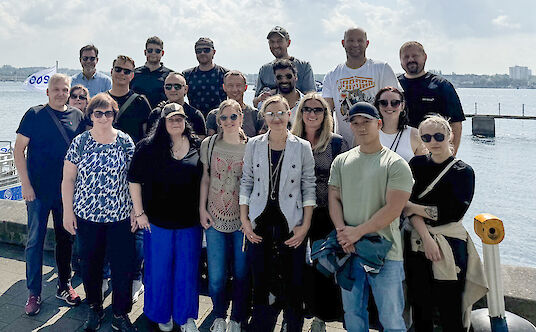
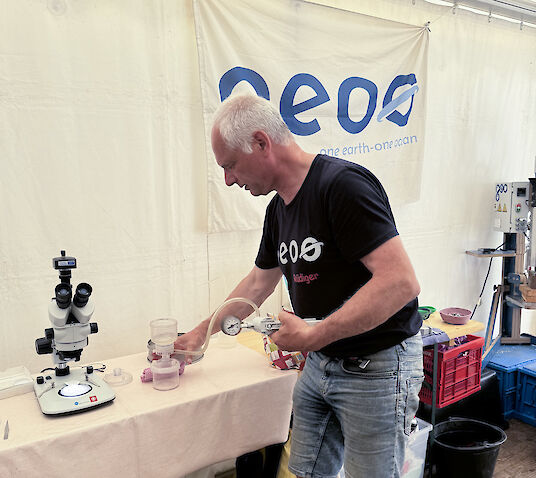
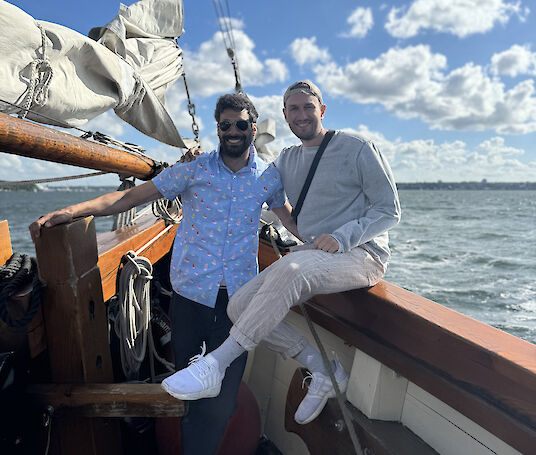
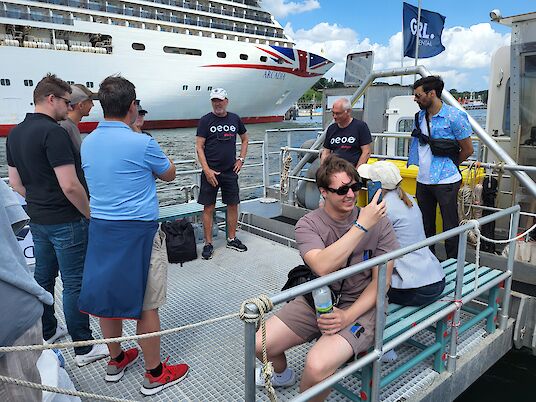
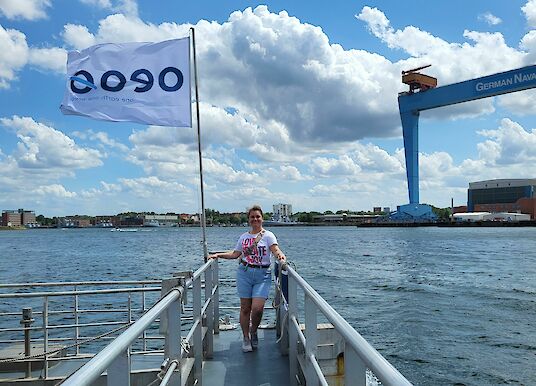
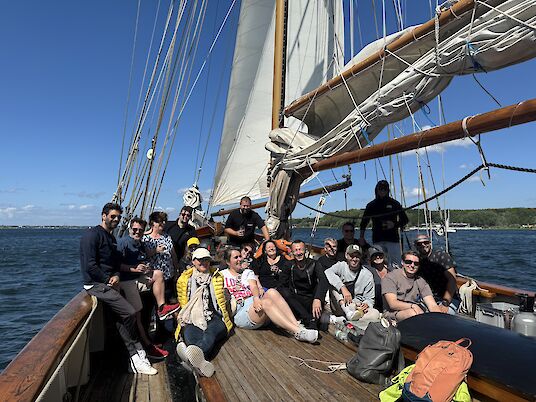
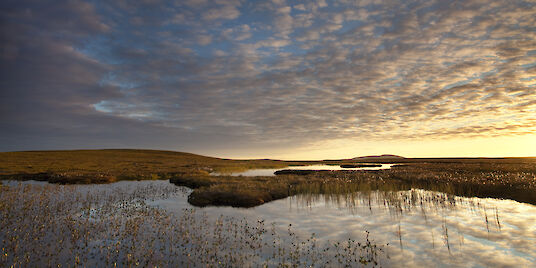
Lightnet supports the Scottish Wildlife Trust
We are delighted to be working with the Scottish Wildlife Trust in 2025 to support the restoration and protection of two unique peat bog areas in Scotland.